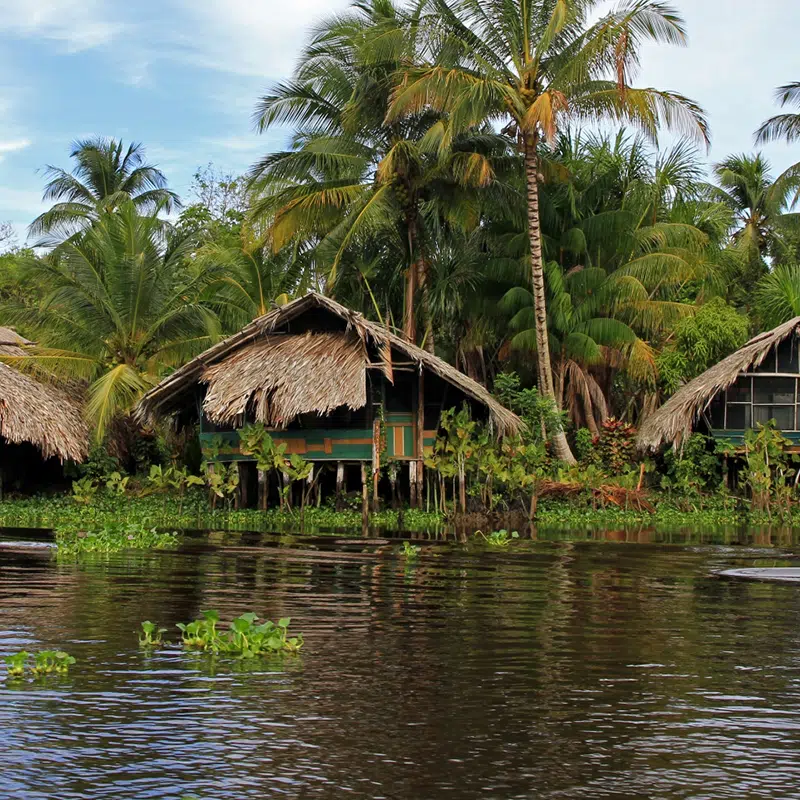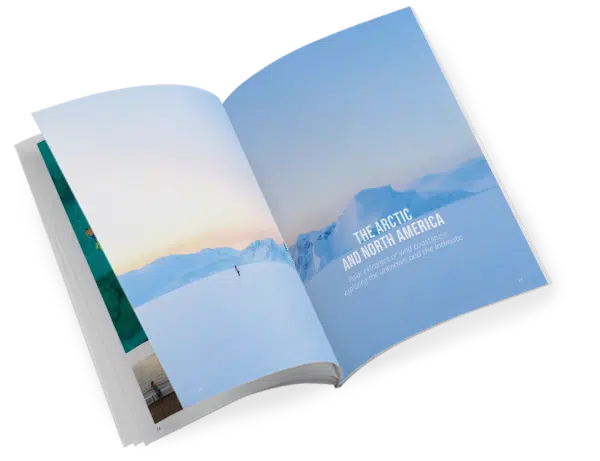Discovering the Indians of the Orinoco
On the banks of the third largest river in South America – the Orinoco – the Warao Indians still live virtually untouched by the modern world.They are one of the oldest ethnic groups in the world, identical to those first discovered by the conquistadors during the 16th century.
The Orinoco River, South America’s other artery
A fluvial and historic link over 2,000 kilometres long between Venezuela and Colombia, the Orinoco River connects the Sierra Parima Mountains to the Atlantic Ocean. The Amazon River’s little brother, it can only be crossed in two places in Venezuela: Ciudad Bolivar and Puerto Ordaz. In fact, the Orinoco River is unique in that it only has two bridges and the second is quite recent since it was built in 2006. Jules Verne called it “The Mighty Orinoco” in a novel published in 1898, and it was the symbolic prison of Daniel Defoe’s illustrious Robinson Crusoe. The most famous castaway in history spent 28 years in solitude on an island near the mouth of the river.
If only he’d had a strong enough boat, he could have reached the shore and discovered the celebrated Orinoco Delta where he may have met the Warao Indians, the traditional inhabitants of this astounding 25,000 km2 labyrinth of 300 channels, whose population is now estimated at around 30,000 people.
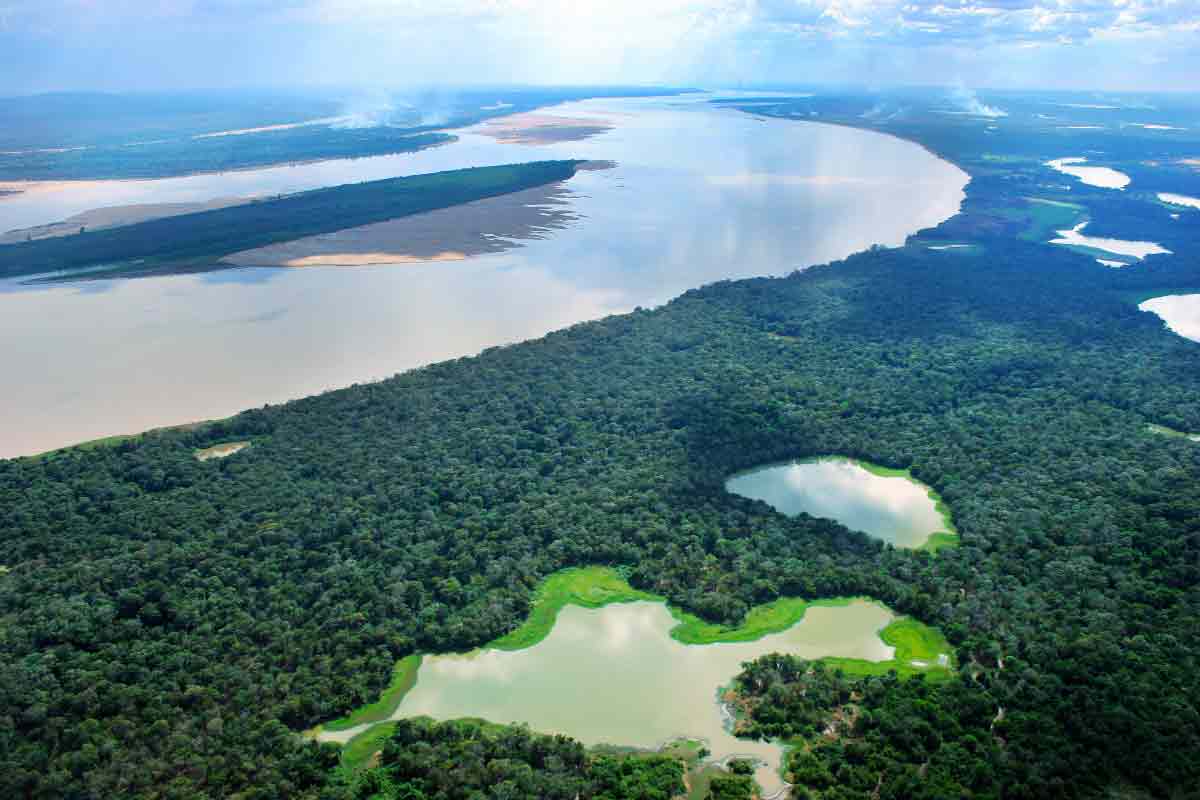
The Warao people, the guardians of the Orinoco River
To date, the Orinoco has been home to three large indigenous families, grouped by language: the sedentary and peace-loving Arawaks, speakers, the Carib speakers, former nomadic warriors, and the Chibchan speakers who are endangered. Since there are limits to ethnology, some ethnic groups do not belong to these families including, for example, the Yanomami and the Warao. Each community considers itself politically and economically autonomous, yet this does not prevent them from maintaining strong social ties with each other, thanks in particular to their languages which, despite their differences, are mutually intelligible. In this wonderful natural network, the Warao people or the “masters of canoes”, are seen as the guardians of the river, a status that comes from their founding myth. They consider themselves to be the descendants of a founding man who arrived on the banks of the Orinoco River thousands of years ago in a small boat carved from an entire tree trunk. The Warao people also inherited the art of canoeing from this legend and have made canoes in the same way for centuries. They hollow out a single trunk before burning the inside to strengthen it. On the Orinoco River – known as Guirinoko or “where we paddle” in Warao – they paddle silently on boats seemingly balanced on a rail.
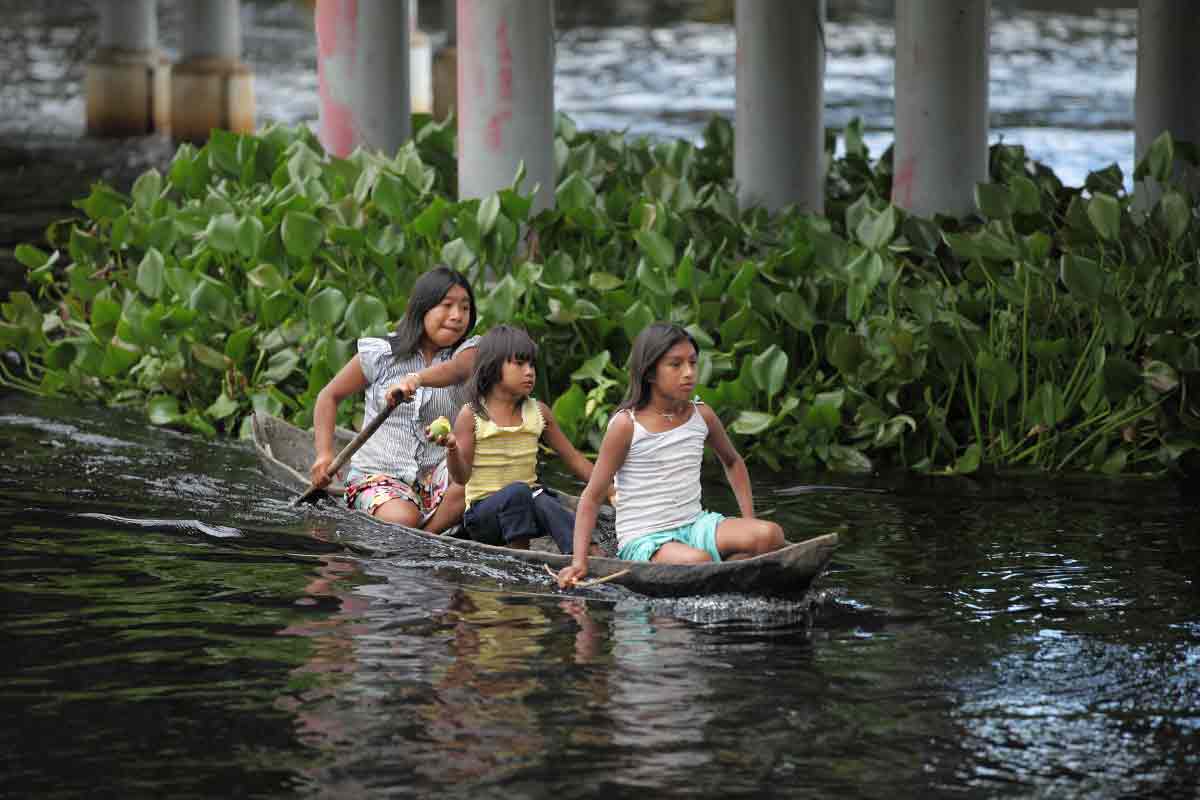
Past, present and future
The Warao Indians are spread out between the coast and inland Venezuela, a geographic difference that means “the boat people” are fishermen who also exploit mangrove trees, while “inlanders” are hunters who also live on palm hearts.
Although they are constantly moving, the Warao people build short-term dwellings: wall-less houses on stilts with roofs made of palm leaves, open to the outside world. These communal living spaces are owned by women as Warao society is close to a matriarchy. Often at the mercy of bad weather, they have become accustomed to living light and not getting attached to material things.
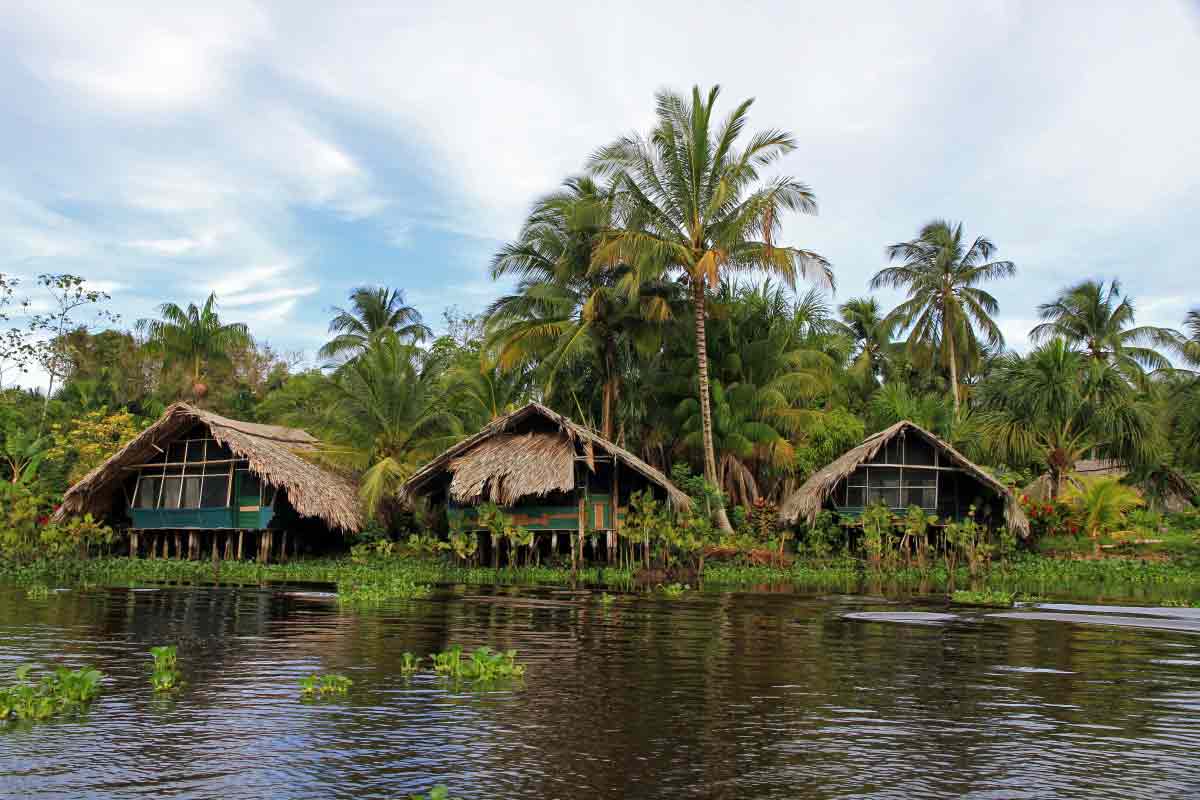
Until now, this changing way of life enabled them to live in better symbiosis with their environment, only consuming what nature offered them in a given place at a given time… an archaic hunter-gatherer concept. More than river guardians, they are now on the front line of issues such as deforestation and environmental impact. But they are no longer passive victims to this fragile situation as they recently succeeded in forcing a large industrial group to leave their territory.
In eastern Venezuela, between the river, sea and jungle, hide the guardians of an age-old history and a world that remains little known. A step back in time for travellers seeking the absolute.
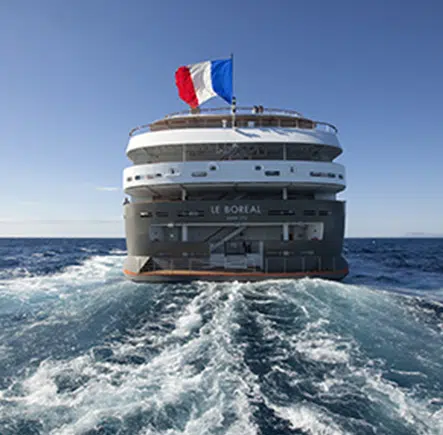
PONANT takes you there
Set off to discover these people on the other side of the world during a cruise on the Orinoco River.

